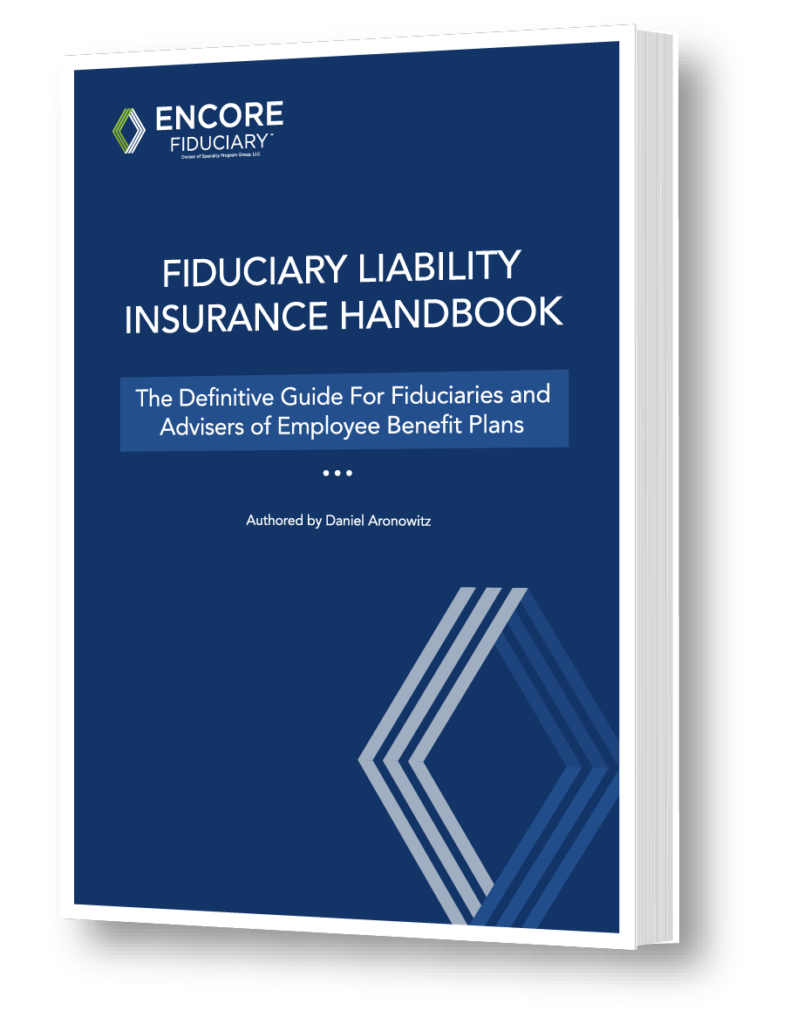We Wrote the Book on Fiduciary Insurance (literally)
We’ve put our fiduciary experience and expertise on paper and online in the “Fiduciary Liability Insurance Handbook,” for you to download and gain insight into why it is so critical that coverage is designed to fit an employer’s or entity’s benefit plan. Obtain your complimentary copy here.
